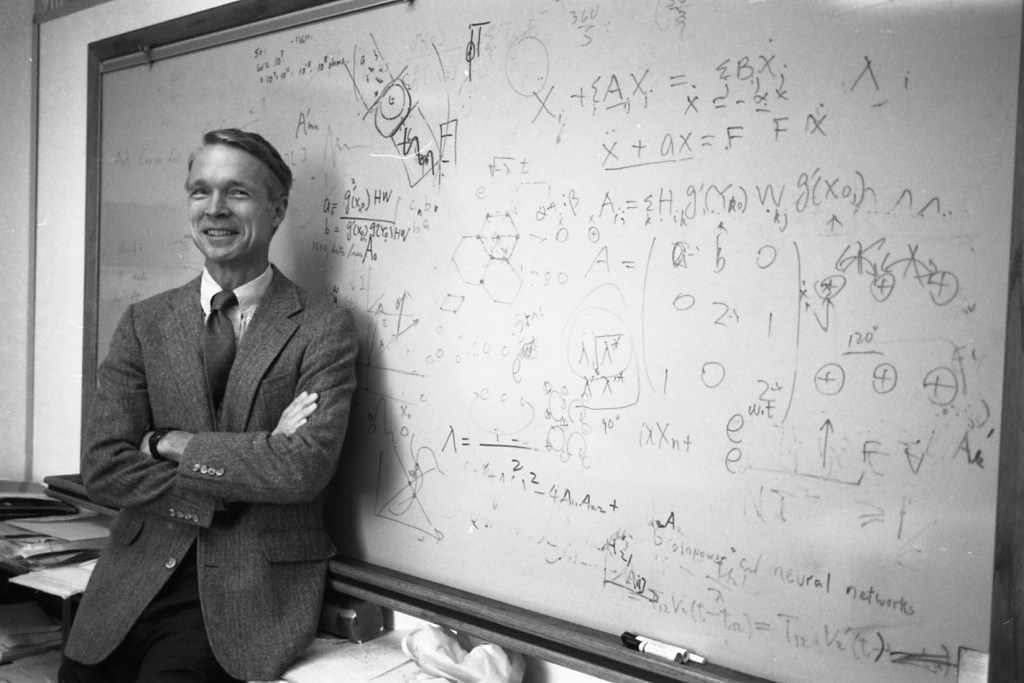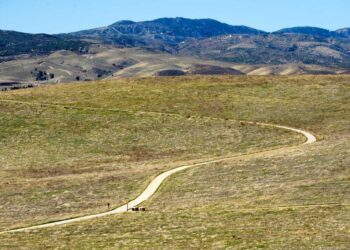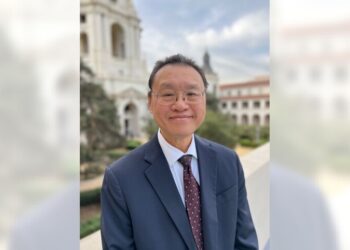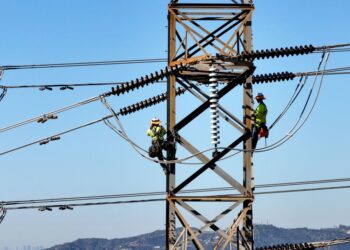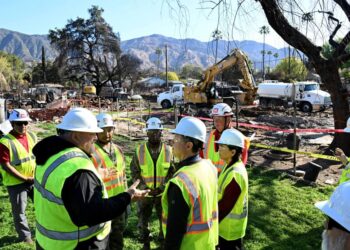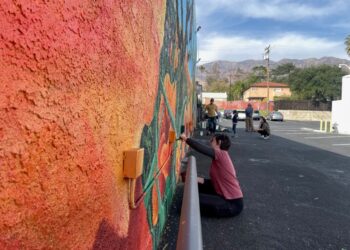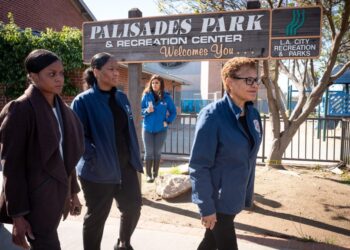Caltech and Princeton emeritus professor John Hopfield received the 2024 Nobel Prize in Physics on Tuesday, Oct. 8, for his work — much of it developed early on at the Pasadena campus – in the transformative science of making computers think more like humans.
Hopfield and Geoffrey Hinton, a professor at the University of Toronto, were awarded for “foundational discoveries and inventions that enable machine learning with artificial neural networks,” the Royal Swedish Academy of Sciences said in a statement.
The prize ups the count of Caltech Nobel laureates to 46 Caltech alumni, faculty, and postdocs, who have won a total of 47 Nobel Prizes.
“This year’s two Nobel Laureates in Physics have used tools from physics to develop methods that are the foundation of today’s powerful machine learning,” the statement read. “John Hopfield created an associative memory that can store and reconstruct images and other types of patterns in data.”
Hopfield is credited with creating the “Hopfield network,” which uses a method for saving and recreating patterns. When fed a distorted image the network can find the saved image that is most like the distorted one, according to the academy.
In effect, Hopfield’s model describes how the brain recalls memories when fed partial information, similar to the method your brain uses to remember a word on the tip of your tongue.
“Physics is trying to understand how systems work,” Hopfield said during a press conference hosted by Princeton University. “The systems are made of parts. These parts interact, so when you make large systems they get behaviors which are different from the way small systems behave and, in fact, can be fundamentally new things. When you get systems which are rich enough in complexity and size, they can have properties which you can’t possibly intuit from the elementary particles you put in there. You have to say that system contains some new physics.”
At 91, Hopfield, a Chicago native, is…
Read the full article here

